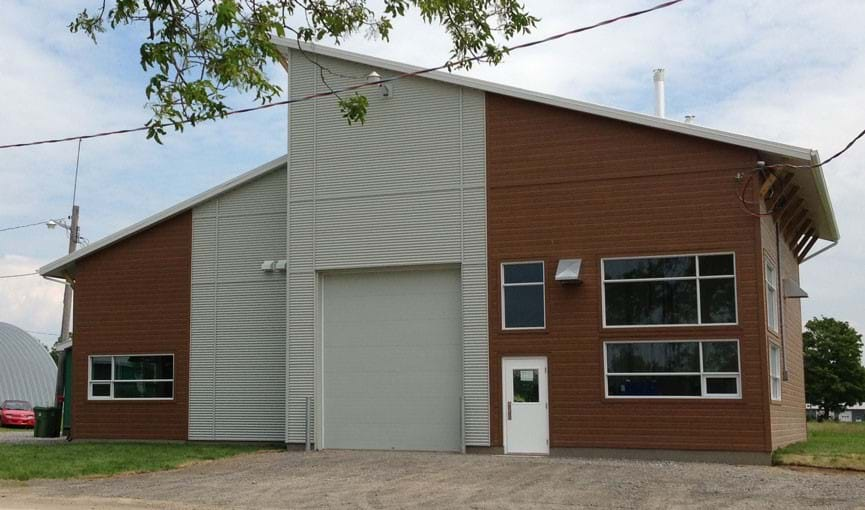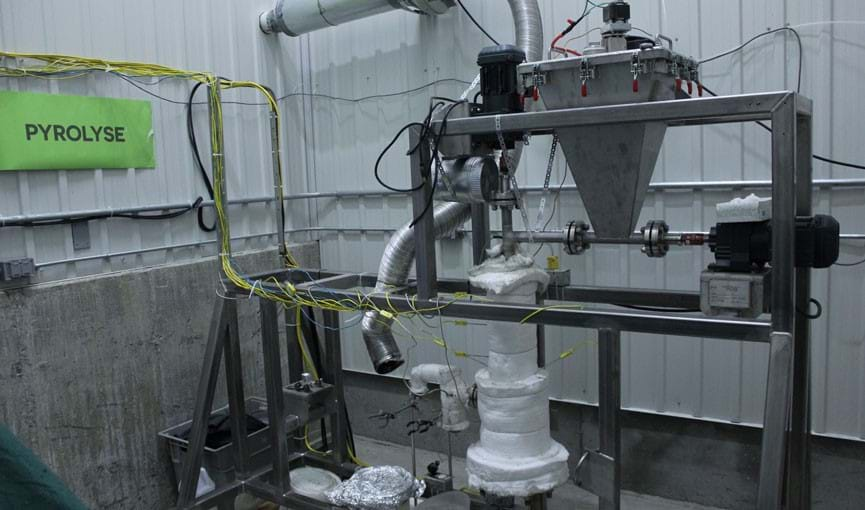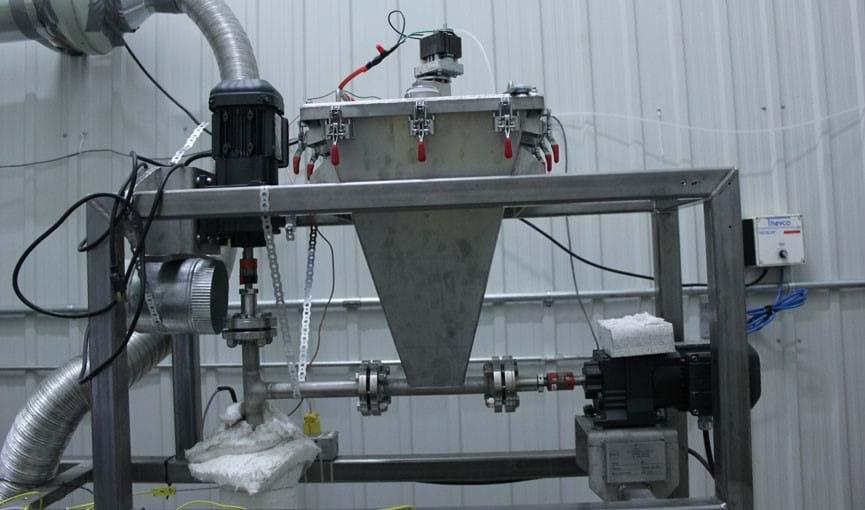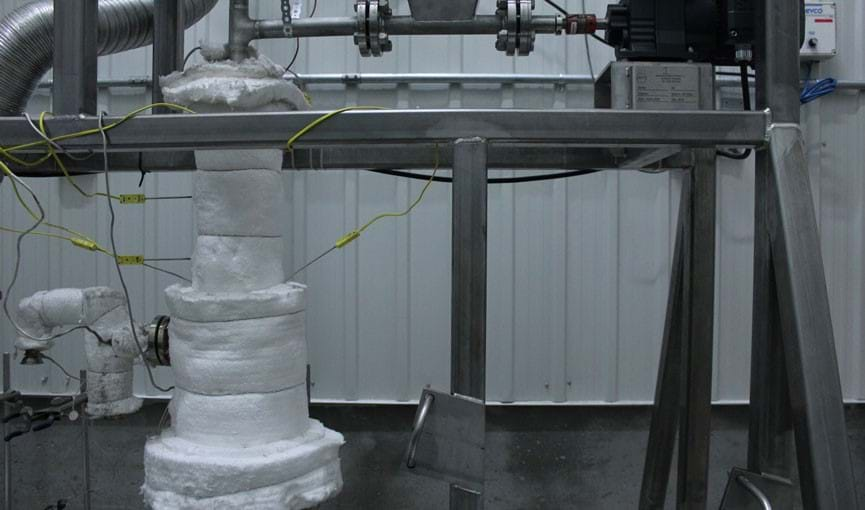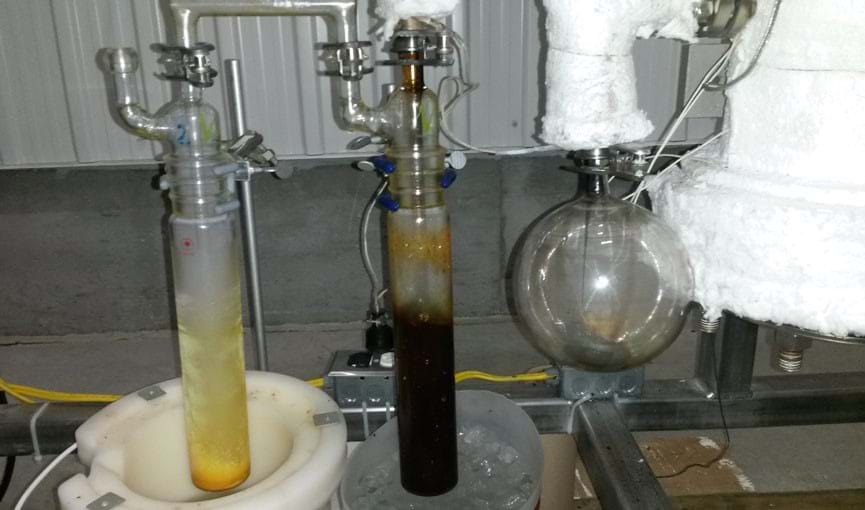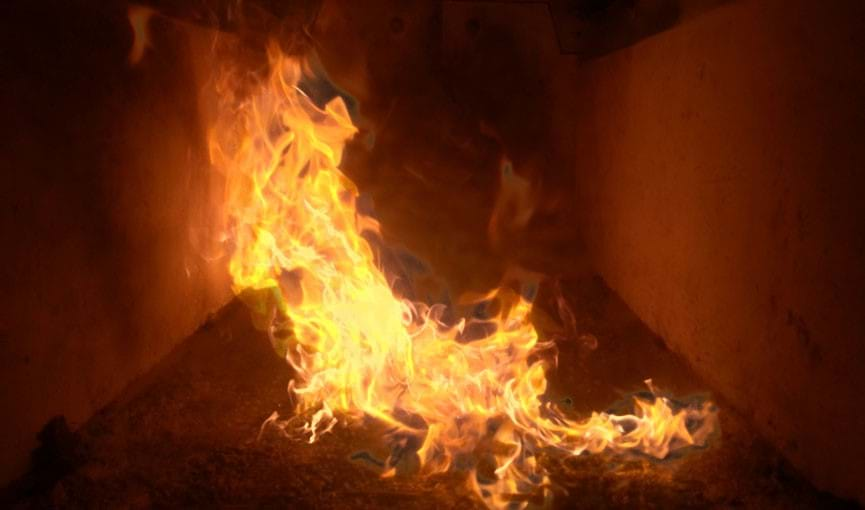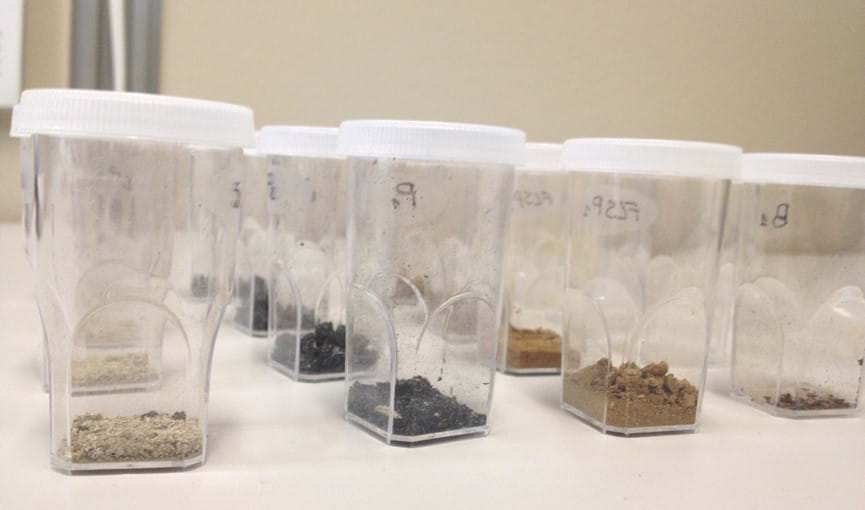Sustainable agriculture energy laboratory
The Sustainable Agriculture Energy Laboratory is the first research facility in Canada with an infrastructure that supports the development of green agricultural energy.
Agricultural waste conversion
The Sustainable Agriculture Energy Laboratory houses facilities for research projects that focus on producing energy via the conversion of agricultural waste derived from plants, animals, and dedicated crops.
The lab evaluates processes such as pyrolysis and combustion, as well as bioelectrochemical cells, to determine which are best suited for producing sustainable energy on farms.
Objectives of the lab:
Develop a research program that:
- enhances understanding of the energy potential of agricultural waste,
- maximizes energy recovery from agricultural waste,
- equips farmers to transform their agricultural biomass into energy right on the farm,
- improves air quality and reduces GHG emissions; and
- identifies sustainable energy alternatives for tomorrow’s agriculture.
Transformation processes assessed
Bioelectrochemical cells
The bioelectrochemical cell (BioVeeVmc) developed at IRDA produces electricity from the liquid waste derived from plant and animal sources in just a single step, i.e., without passing through an intermediate methanation phase. It is used, for example, to successfully treat slurry and reduce environmental pollutants, such as odours and pathogenic bacteria.
Pyrolysis
Pyrolysis converts biomass at a high temperature, in the absence of oxygen, into three by-products: biochar, bio-oil and fuel gas. Besides its role in bioenergy production and waste conversion, certain pyrolysis byproducts have the ability to sequester carbon.
Combustion
Thanks to an agreement between IRDA and Agriculture and Agri-Food Canada, the Sustainable Agriculture Energy Laboratory has access to two fuel-fired boilers that are used to test four types of biomass—fast-growing willows, switchgrass, amur silver grass, and reed canary grass—and compare them to wood, the control substance. Earlier research at IRDA determined that these crops are the most likely to prosper in Québec.


